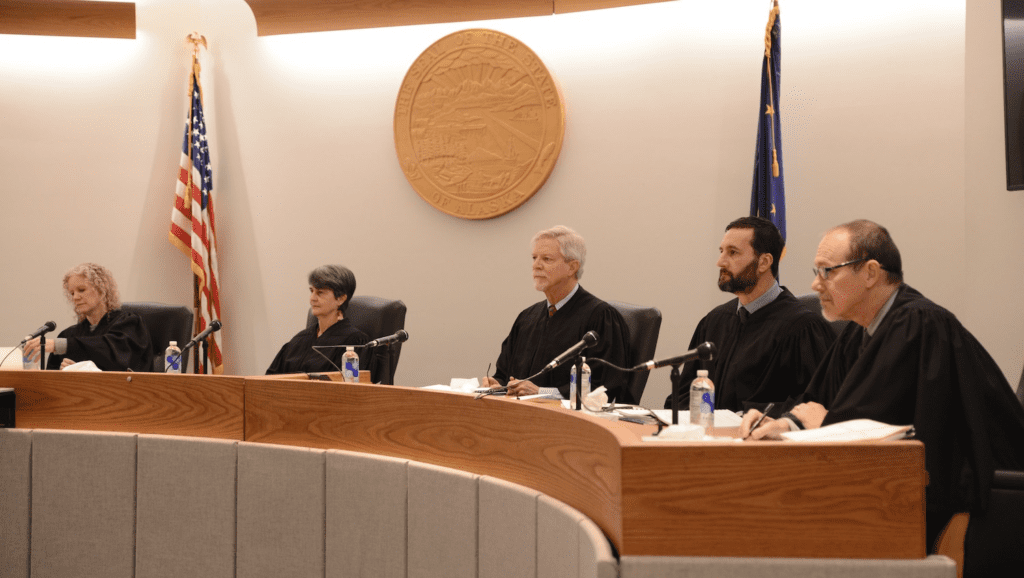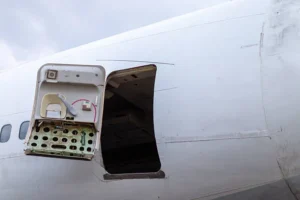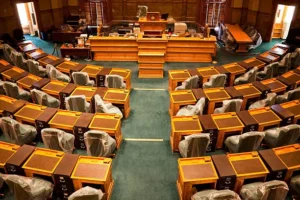On the final day of Alaska’s legislative session, lawmakers approved a bill directing the Alaska Board of Education to establish regulations for correspondence programs.
This decision followed a Superior Court Judge’s ruling that such programs, enabling homeschooled children’s families to receive state funding, violated the state constitution. However, despite the bill’s passage three weeks ago, it has yet to be sent to Gov. Mike Dunleavy for signature.
Additionally, during the board of education’s recent meeting in Kotzebue on Wednesday, discussions were kept open regarding regulations for these programs.
The legal dispute regarding Alaska’s correspondence programs is scheduled for a hearing at the Alaska Supreme Court on June 27. Education department officials stated they would only submit regulations to the board after the court’s ruling.
On Wednesday, the Alaska Board of Education convened a special meeting on July 1 to address correspondence program regulations, according to Education Commission Deena Bishop.
In a phone interview on Wednesday, Bishop remarked, “We expect to receive further guidance on how to ensure that the regulations we propose meet constitutional requirements.”
Alaska’s well-established correspondence programs, which saw nearly 23,000 student enrollments last year, offer families up to $4,500 per student annually for homeschooling expenses, such as textbooks, curriculum, and related costs.
However, a law proposed by Dunleavy ten years ago during his tenure as a state senator removed many restrictions on fund usage. Consequently, families, including Attorney General Treg Taylor’s, have increasingly utilized these allocations to finance private and religious school tuition.
Following a legal challenge by parents and teachers, Superior Court Judge Adolf Zeman invalidated two critical statutes regulating the program in April. Zeman later granted a stay on the ruling until the end of June.
The Dunleavy administration appealed Zeman’s decision, contending that using funds for private school education should remain permissible. Last week, the state submitted its brief to the Alaska Supreme Court, co-authored by attorneys from the First Liberty Institute, a Texas-based legal organization dedicated to safeguarding religious freedom.
During a state board of education meeting in Kotzebue on Wednesday, Assistant Attorney General Susan Sonneborn informed board members that they could anticipate adopting emergency regulations on July 1. However, proposed rules would only be disclosed to the public after the Supreme Court hearing.
Sonneborn stated, “We have been collaborating with the governor’s office and evaluating all options to ensure the seamless operation of correspondence programs, including the potential implementation of new regulations. However, the specific format of these regulations will be contingent upon the decision of the Alaska Supreme Court.”
Sonneborn explained that following the court’s decision, the board could promptly enact emergency regulations without soliciting public feedback. These regulations could be effective for up to 120 days before additional steps are necessary. “The shorter time frame allows for swift implementation to address the emergency,” Sonneborn remarked. Emergency regulations may be required by July 1 to ensure the continued operation of correspondence programs.
“The challenge lies in the uncertainty surrounding the Alaska Supreme Court’s decision,” Sonneborn explained. “There’s a possibility that regulations may not even be required if the Supreme Court overturns the Superior Court decision. In such a scenario, our existing statutes would suffice, eliminating the need for regulations. Therefore, waiting to see the outcome before taking further action.”
In the closing stages of the legislative session, numerous lawmakers, including Senate Education Committee Chair Sen. Löki Tobin from Anchorage and House Education Committee Co-Chair Rep. Justin Ruffridge from Soldotna, emphasized the significance of passing a bill to offer assurance to the families of correspondence students regarding the programs’ future before the session’s conclusion.
House Bill 202 addresses this issue by directing the state board of education to “establish standards for individual learning plans” through regulations. Zeman’s ruling invalidated one of the statutes that provided the framework for learning plans, outlining how a student’s funds could be utilized. The bill mandates adopting regulations in alignment with the Alaska Constitution, which prohibits using public funds for the direct benefit of religious or other private educational institutions.
Dunleavy and his administration have maintained that utilizing allotment funds, including for private school tuition, does not violate the state constitution.
Additionally, the bill directs the Department of Education to oversee the distribution of allotments to students and to submit an annual report detailing the disbursed funds. Presently, the department needs to track spending by correspondence students, posing challenges for statewide officials in understanding how many students use their allotments for private school expenses.
Upon receiving the bill, Dunleavy has several days to either sign it or make it law without his signature. Bishop supported the legislation and conveyed this to Dunleavy’s office.








